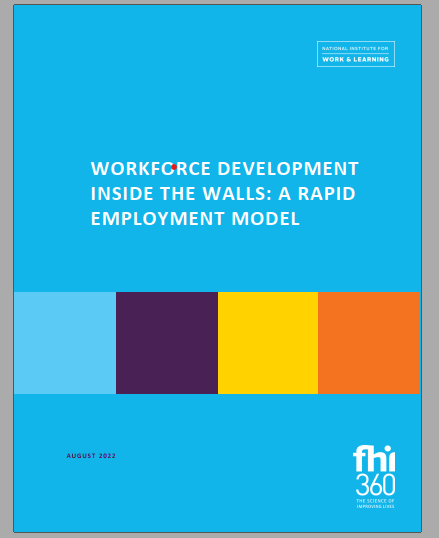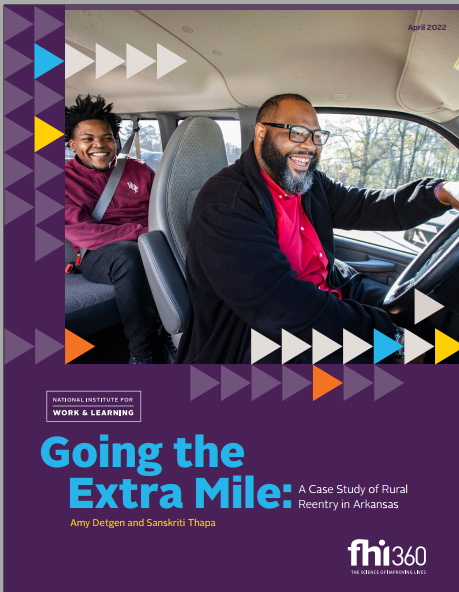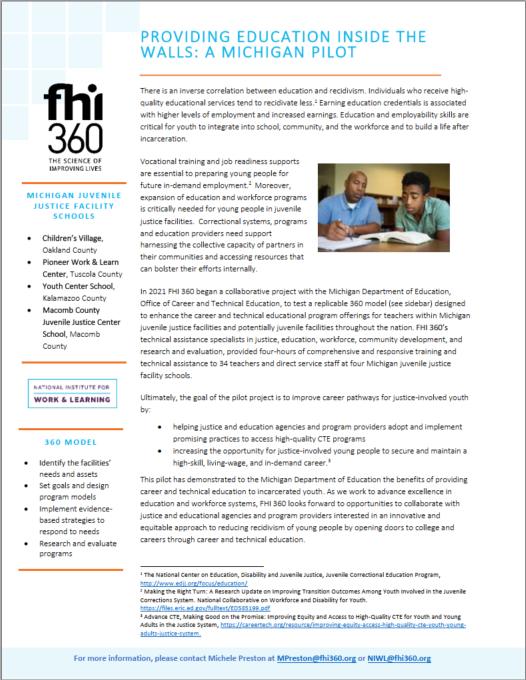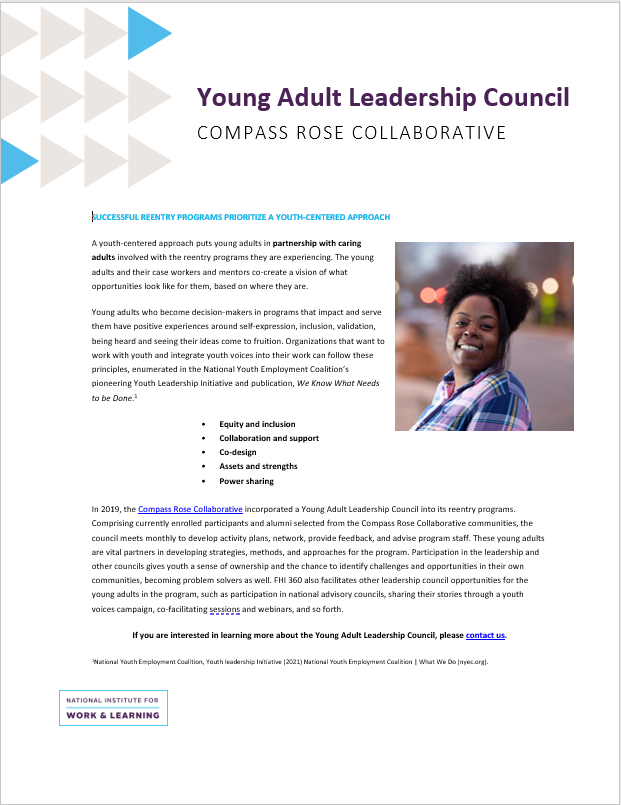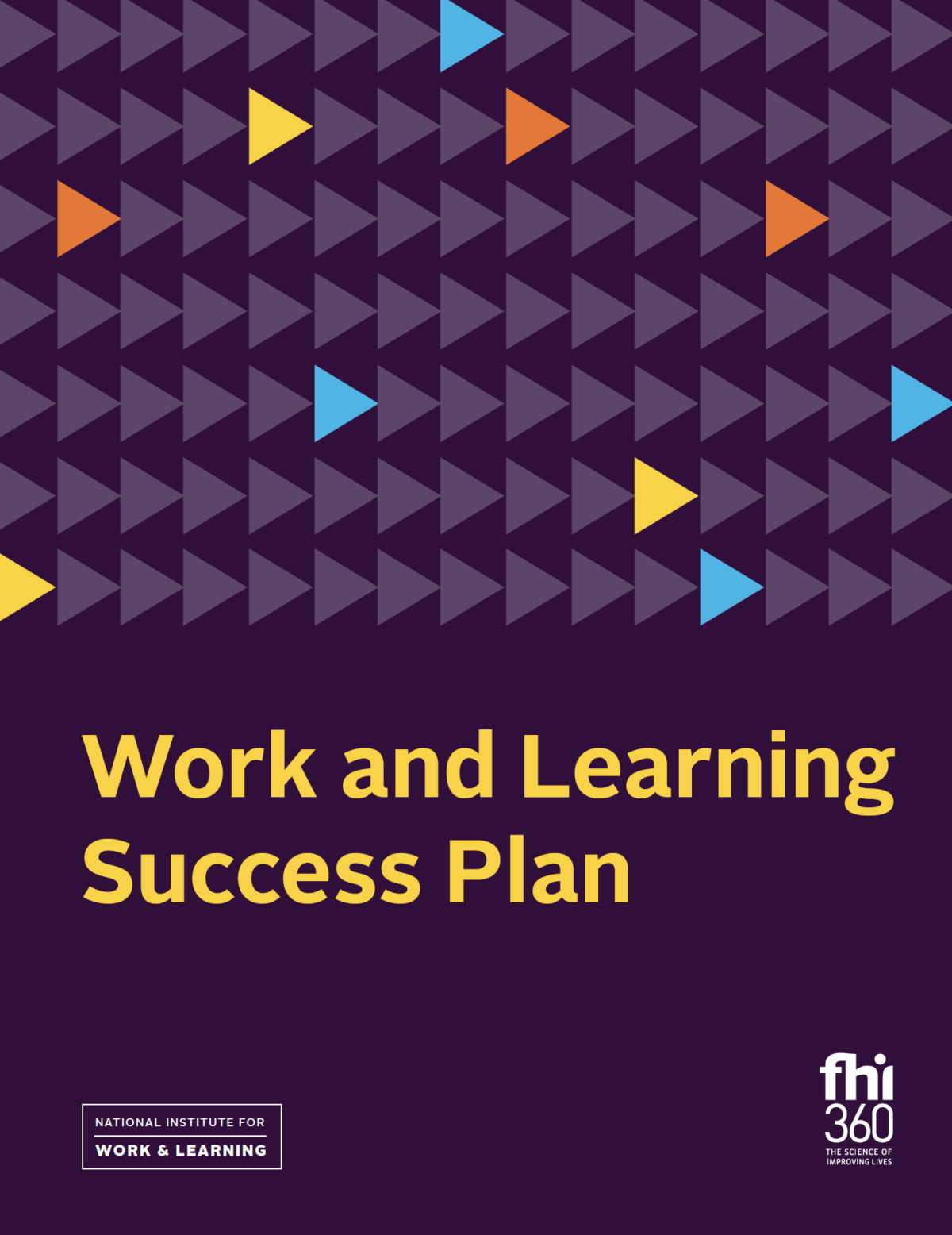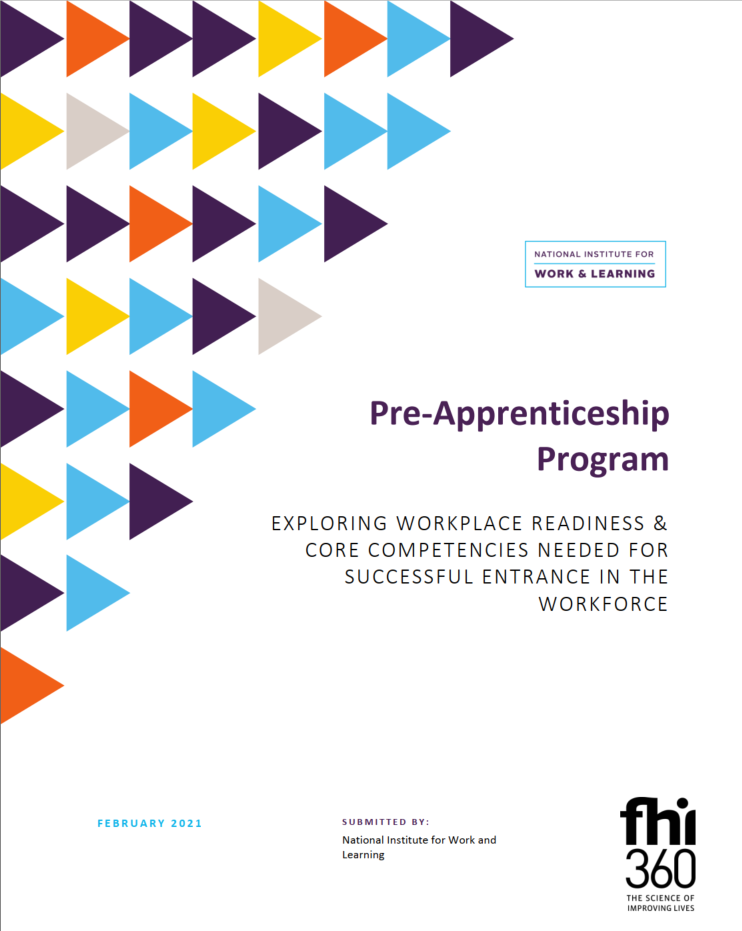FHI 360 has launched the Post-Release Employment Program (PREP) to fast-track participants from behind bars to employment within six weeks. Participants complete two-thirds or more of the employment training pre-release with expedited connection to employers upon graduation. PREP is designed to respond to the critical needs and challenges of individuals returning from jails or prison into their communities.
Topic: Workforce Development
Going the extra mile: A case study of rural reentry in Arkansas provides an exploration of a rural community in southeast Arkansas that takes a unique, individualized approach to reentering young adults ages 18-24. The received wisdom on rural reentry is that it is generally more difficult than reentry in an urban setting. Phoenix Youth and Family Services, which serves a rural part of Arkansas, has excelled on key outcomes as part of FHI 360’s Compass Rose Collaborative (CRC)1, a project funded by the U.S. Department of Labor to improve the education and employment outcomes of young adults,
ages 18 through 24, after involvement in the U.S. criminal justice system.
Phoenix Youth and Family Services provides wraparound support services to its participants to help juveniles, young adults, and families secure a safe, healthy, and strong life
In 2021 FHI 360 began a collaborative project with the Michigan Department of Education, Office of Career and Technical Education, to test a replicable 360 model designed to enhance the career and technical educational program offerings for teachers within Michigan juvenile justice facilities and potentially juvenile facilities throughout the nation. FHI 360’s technical assistance specialists in justice, education, workforce, community development, and research and evaluation, provided four hours of comprehensive and responsive training and technical assistance to 34 teachers and direct service staff at four Michigan juvenile justice facility schools. Learn more about how educational programs offered in facilities reduce recidivism and improve employment outcomes.
Launched in 2019, the Young Adult Leadership Council is a key component of NIWL’s Compass Rose Collaborative, a young adult reentry program. This program combines the principles of youth-adult partnerships with reentry programming.
This fact sheet profiles FHI 360’s National Institute for Work and Learning (NIWL) workforce development efforts.
This individual success plan template, created through youth-adult partnership, can be used to encourage and motivate young people and the adults they work with in creating a plan for personal, social, and economic success.
Research highlights the benefits of collaborating with intermediary organizations for local reentry organizations and the justice-involved youth they serve. Read this resource for more information.
The Compass Rose Collaborative (CRC) brings together FHI 360 and a cohort of partners that will serve justice-impacted youth in a holistic way. Through NIWL-designed training materials, a learn-and-earn working environment, and valuable mentorship activities, the CRC ensures that participants are equipped to thrive in their careers while minimizing further justice system involvement. Read this fact sheet to learn more.
As part of NIWL’s Apprenticeship Programs, the Youth Development Practitioner Apprenticeship trains apprentices in youth-supporting fields through 2,000 hours of on-the-job learning and 165 hours of coursework where they learn skills such as positive youth development, coaching, career case management and more. Upon completing the program, apprentices receive a nationally recognized credential from the U.S. Department of Labor. To learn more, read this fact sheet.
This pre-apprenticeship curriculum is designed to prepare people for an apprenticeship program and includes hands-on activities and self-guided sessions that are applicable to all professions.
To request access, email us at: niwl@fhi360.org

